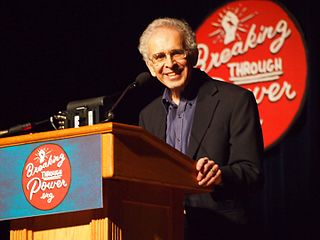A Quote by Jay Inslee
Investing in industries and technology for the 21st century generates high-skilled, high-wage jobs for industries of the future.
Quote Topics
Related Quotes
We know that to compete for the jobs of the 21st century and thrive in a global economy, we need a growing, skilled and educated workforce, particularly in the areas of science, technology, engineering and math. Americans with bachelor's degrees have half the unemployment rate of those with a high school degree.
22 of 52 top (FDA) officials have worked for regulated industries, or organizations that cater to those industries...During a hearing held in 1969 by the House Inter-governmental Relations Subcommittee, it was disclosed that of 49 high ranking FDA officials who had recently resigned or retired, 37 joined or served as consultants to regulated industries.
Batley and Spen has a high proportion of people working in manufacturing, and we can boast the full range of industries, including high-skilled, precision engineering. We manufacture all sorts, from beds to biscuits and from carpets to lathes. We also have some of the best fish and chips in the country and some of the best curries in the world.
































